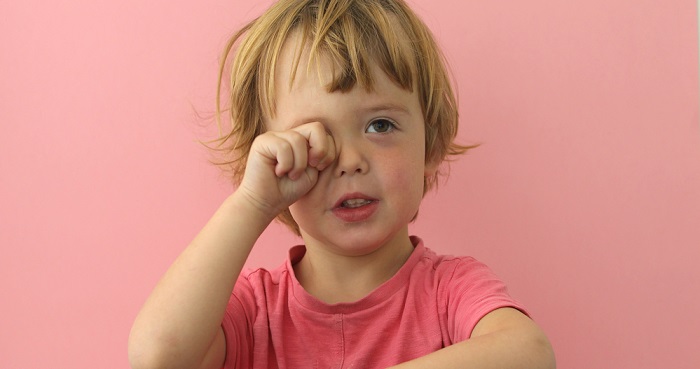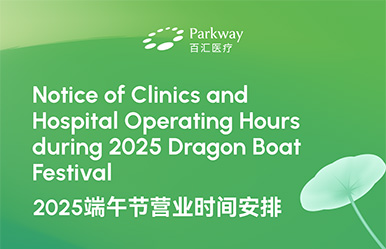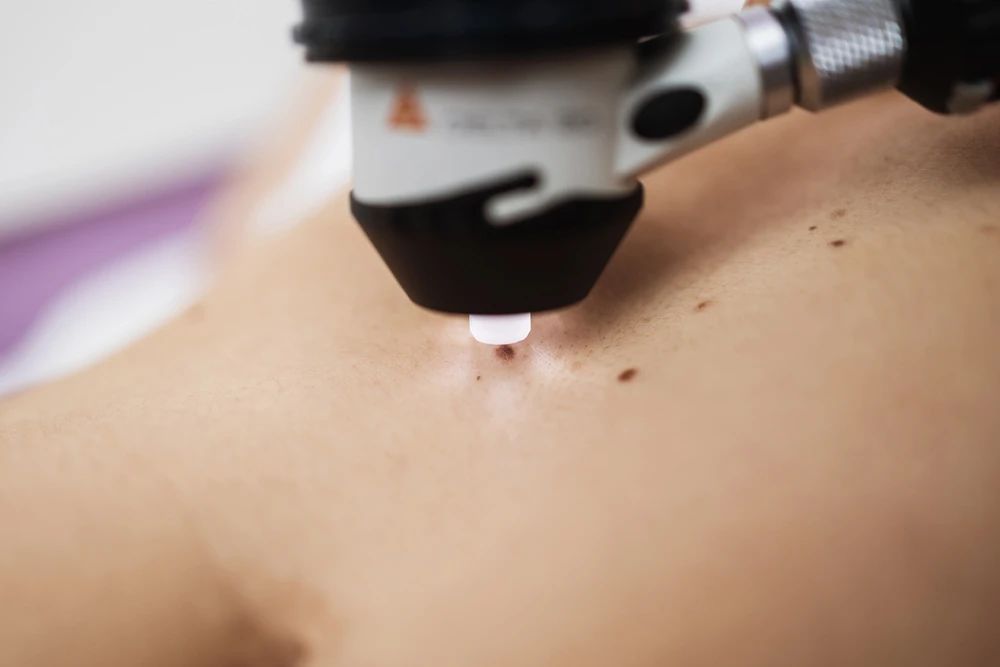Parents' Handy Guide to Pink Eye
2021-06-29

If you notice your child experiencing eye irritation,
discharge, swollen eyelids and redness in the whites of the eyes, they most
likely have a case of pink eye.
Dr.Peng Zhou, Ophthalmologist at ParkwayHealth, guides you on the causes of
pink eye (conjunctivitis) and what to do when it occurs.
What is pink eye?
Conjunctivitis, commonly called pink eye, is an inflammation
of the conjunctiva, the clear membrane that covers the white part of the eye
and the inner surface of the eyelids.
Pink eye is a fairly common condition that may result from
an infection or allergy. Infections are most commonly viral infections such as
the common cold. Less commonly, pink eye may be due to bacterial infections.
Pink eye can also be caused by allergies. These cases tend
to happen more often in kids who also have other allergic conditions, such as
hay fever or eczema. Triggers of allergic conjunctivitis include dust mites and
pollen.
Other causes of pink eye include irritation or abrasions of
the cornea (the clear part of the eye) or chemicals entering the eye.
Symptoms of pink eye
The different types of pink eye can have different symptoms,
which can vary from child to child. The child may complain of eye irritation,
redness or discharge which may cause the eyelids to stick together when a child
wakes up.
- Viral conjunctivitis is usually associated with watery or mucus-like discharge.
- Bacterial conjunctivitis is usually accompanied by yellowish or pus-like discharge, and the eyes may be more red and painful. Some kids have swollen eyelids or sensitivity to bright light.
- In cases of allergic conjunctivitis, itchiness and tearing are common symptoms.
Preventing pink eye
Pink eye caused by viruses or bacteria is contagious. Those
caused by allergies or environmental irritants are not.
Remind kids often to not touch their eyes, nose, or mouth,
which is a good way to ward off pink eye as well as other infections.
A child can get pink eye when they use their hand to touch
their eye after touching an infected person or an object. It can also be spread
by sharing contaminated towels, or through coughing and sneezing.
Children with contagious conjunctivitis should be kept out
of school and crowded places, to prevent spreading it to others.
If the pink eye is caused by allergic conjunctivitis,
minimizing or avoiding triggers of allergy could reduce the frequency of pink
eye. This includes keeping the house clean, and frequently vacuuming the bed
and furniture to reduce house dust mites.
Treating pink eye: what should you do if your kid has pink
eye?
If your child has pink eye, it is important to bring them to
a doctor to see what treatment is required, particularly if the pink eye is
severe, prolonged or associated with pain or loss of vision.
Pink eye is most commonly caused by viruses and this usually
resolves on its own without any treatment. However, if the pink eye is due to a
bacterial infection, antibiotic eye drops or ointment will be required or it
may spread to surrounding tissues. If your child has allergic conjunctivitis,
your doctor may prescribe anti-allergy eye drops and tablets.
Eye discharge or crusting of the eyelids may be cleaned off
using cotton balls or pads with clean water.
Pink eye is easily passed from person to person, so you
should keep your child out of school until they have been treated and are no
longer contagious.
If there is swelling, redness and pain around the eyelids,
or if your child has a fever, this may mean that the infection has spread
beyond the conjunctiva (the membrane lining the front surface of the eyeball
and inner surface of the lids). In this situation, the child should be brought
to a doctor immediately for treatment.
Avoiding catching pink eye from your child
Just like any virus or bacteria, pink eye can spread to
anybody around. Parents should wash their hands more frequently and avoid
touching their eyes, to prevent pink eye.
If you are applying eye drops on your child, wash your hands
before and after. Wash towels thoroughly and avoid sharing them.
For more information or to make an appointment, please contact 400.819.6622.
Article reviewed by Dr. Peng Zhou, Ophthalmologist
at ParkwayHealth

Copyright: Health Plus an online health and wellness web
resource developed by Parkway Singapore





























